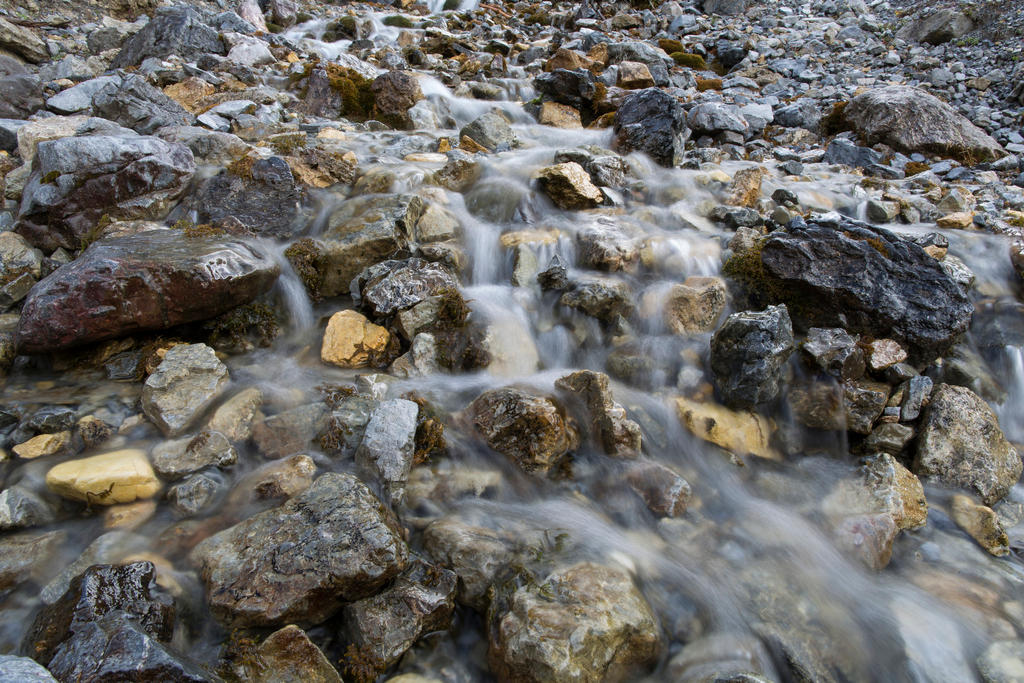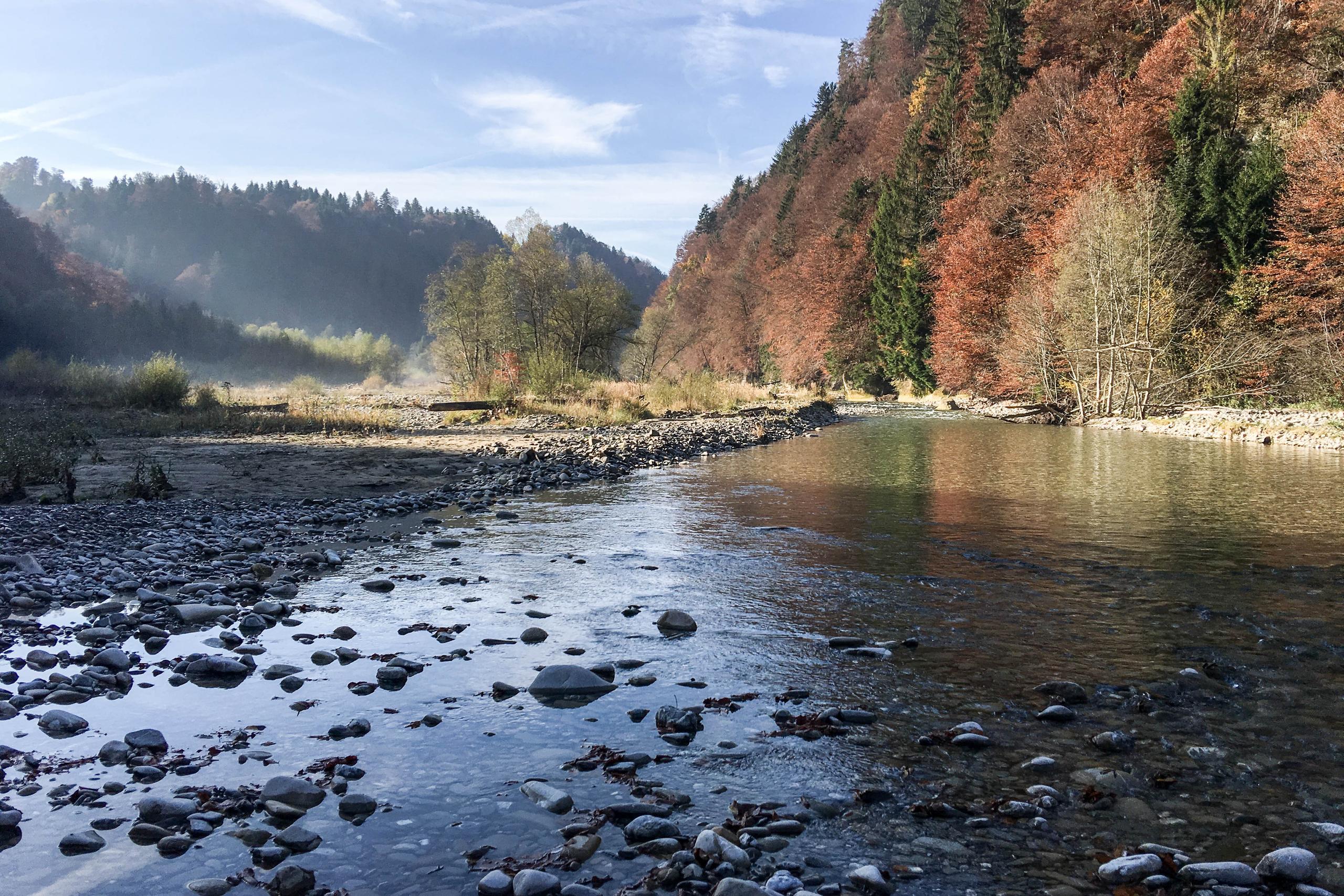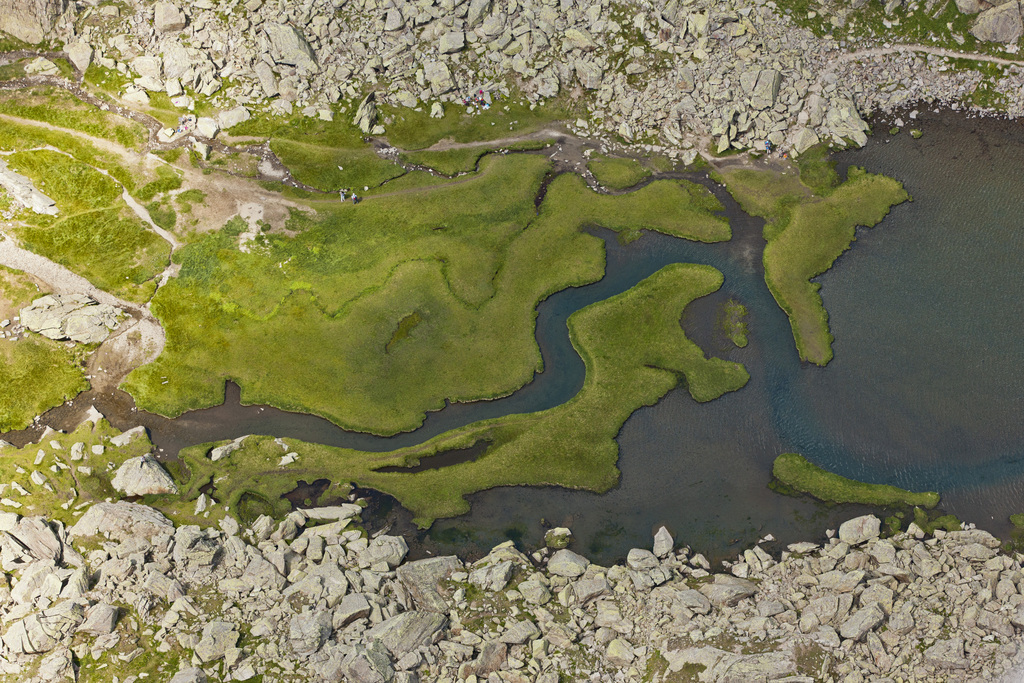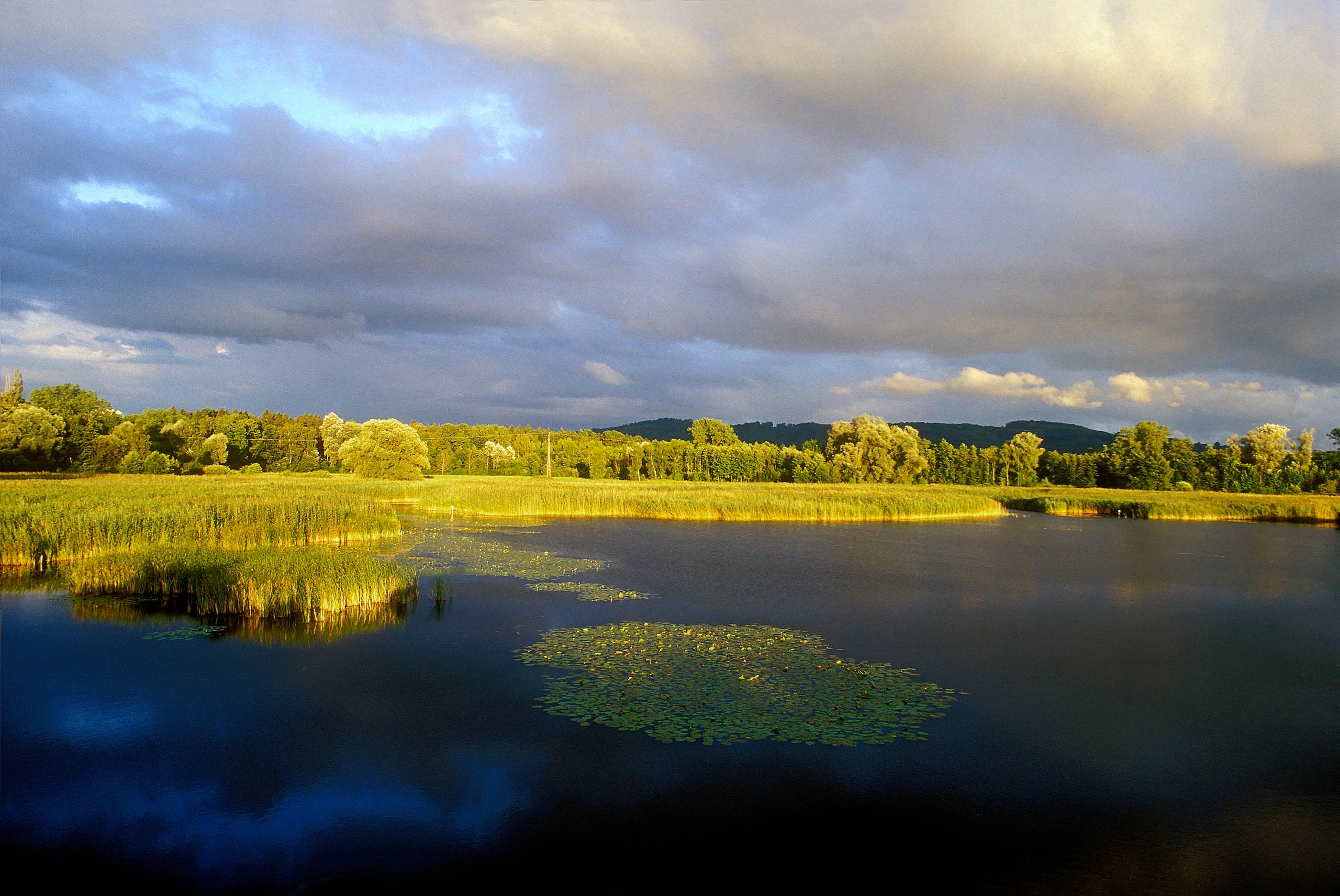Problematic pesticide levels in Swiss streams

High levels of pollution in Swiss streams pose a threat to the nation’s biodiversity. Invertebrates in particular are affected by a steady cocktail of herbicides, fungicides and insecticides used in farming.
In the first long-term study to monitor stream water quality in Switzerland, researchers kept tabs on five Swiss streams over a six-month period. Past studies focused on rivers, which have also shown high levels of pesticides.
But compared to rivers, streams – which are smaller – have less time to recover from contamination.
“What really concerns me is that three of the five streams we saw had constant chemical pressure on them in terms of water quality,” Marion Junghans of the Ecotox CentreExternal link told swissinfo.ch. The study, published by the Federal Office for the EnvironmentExternal link on Tuesday, involved scientists from aquatic research institute EawagExternal link and the Swiss Water AssociationExternal link.
In the 1,800 water samples collected between March and August 2015, researchers found 128 different plant protection products (PPPs): 61 herbicides, 45 fungicides and 22 insecticides. In 80% of the samples, at least one substance exceeded the limit specified in the Waters Protection Ordinance. Basel’s Weierbach and Thurgau’s Eschelisbach were especially contaminated.
While the levels don’t pose an immediate risk to humans or fish, the pollution is still a serious problem.
“It’s a really big issue for invertebrates and also for the ecosystem, because every part of the ecosystem is impaired,” explains Junghans, pointing out that if the invertebrates are killed off, then the fish won’t have enough to eat. Streams and brooks, which account for nearly 75% of Switzerland’s waterways, are a “nursery for invertebrates and other organisms”.
Action plan
The Federal Office for AgricultureExternal link is developing a PPP action plan to improve water quality throughout Switzerland. Launched in 2014, the plan is slated for a cabinet decision this year.
In a statement issued in reaction to the study, WWF SwitzerlandExternal link said that the plan was a step in the right direction, but criticised the fact that neither the funding nor implementation of the measures had been clarified.
“In view of these latest figures from EAWAG it is clear: the environment needs consistent protection from these harmful substances,” said WWF Switzerland’s agriculture expert, Daniela Hoffmann. “Swiss agriculture must finally face the facts and actively work to reduce pesticide risks.”

In compliance with the JTI standards
More: SWI swissinfo.ch certified by the Journalism Trust Initiative














You can find an overview of ongoing debates with our journalists here . Please join us!
If you want to start a conversation about a topic raised in this article or want to report factual errors, email us at english@swissinfo.ch.